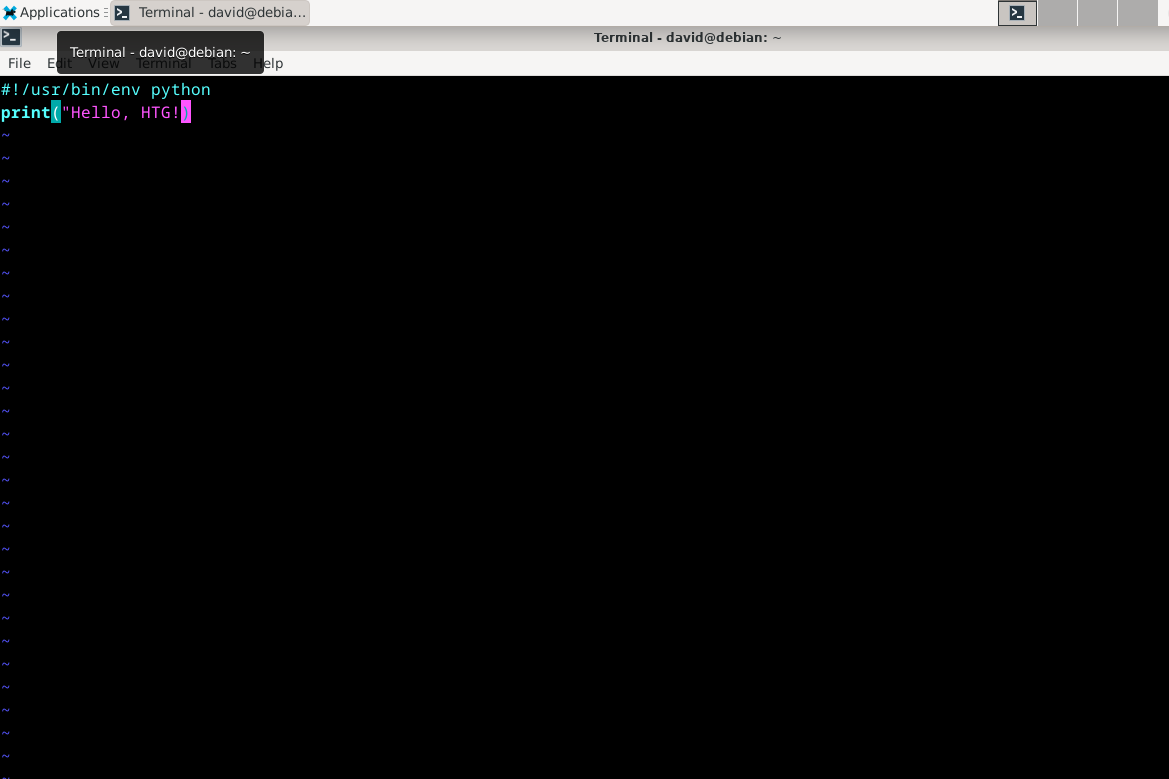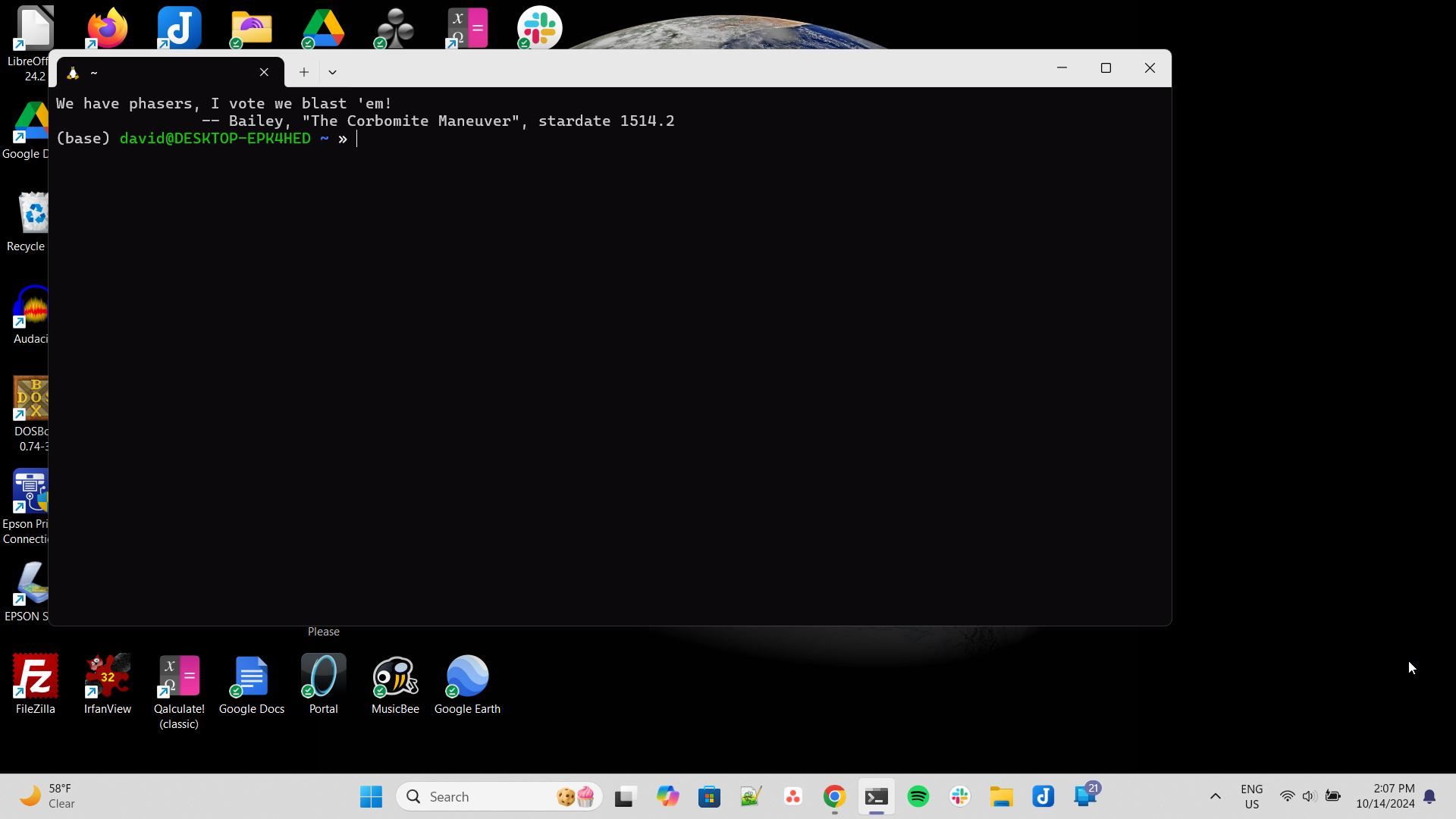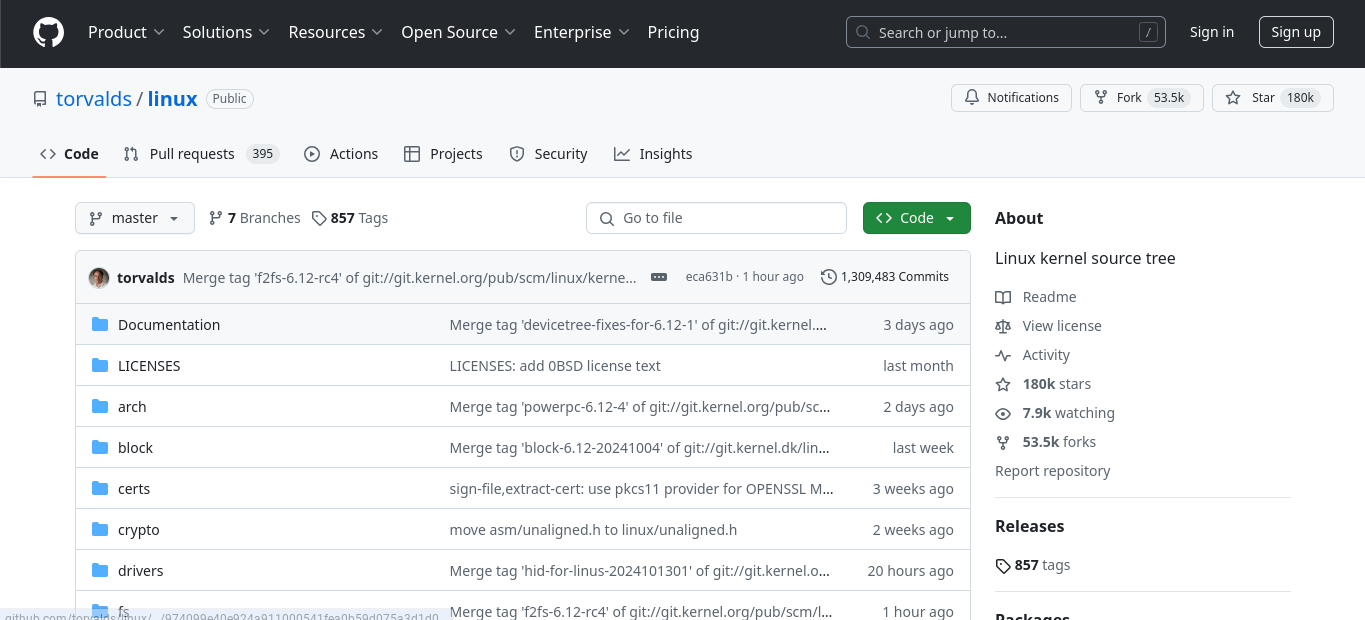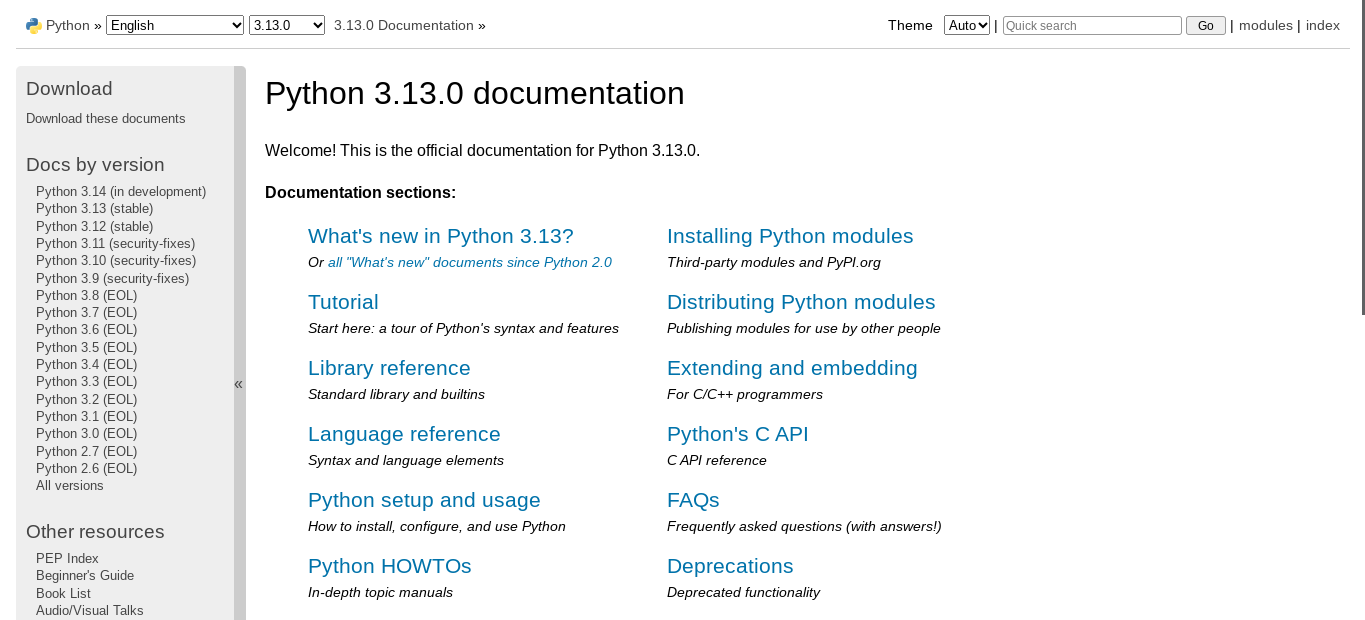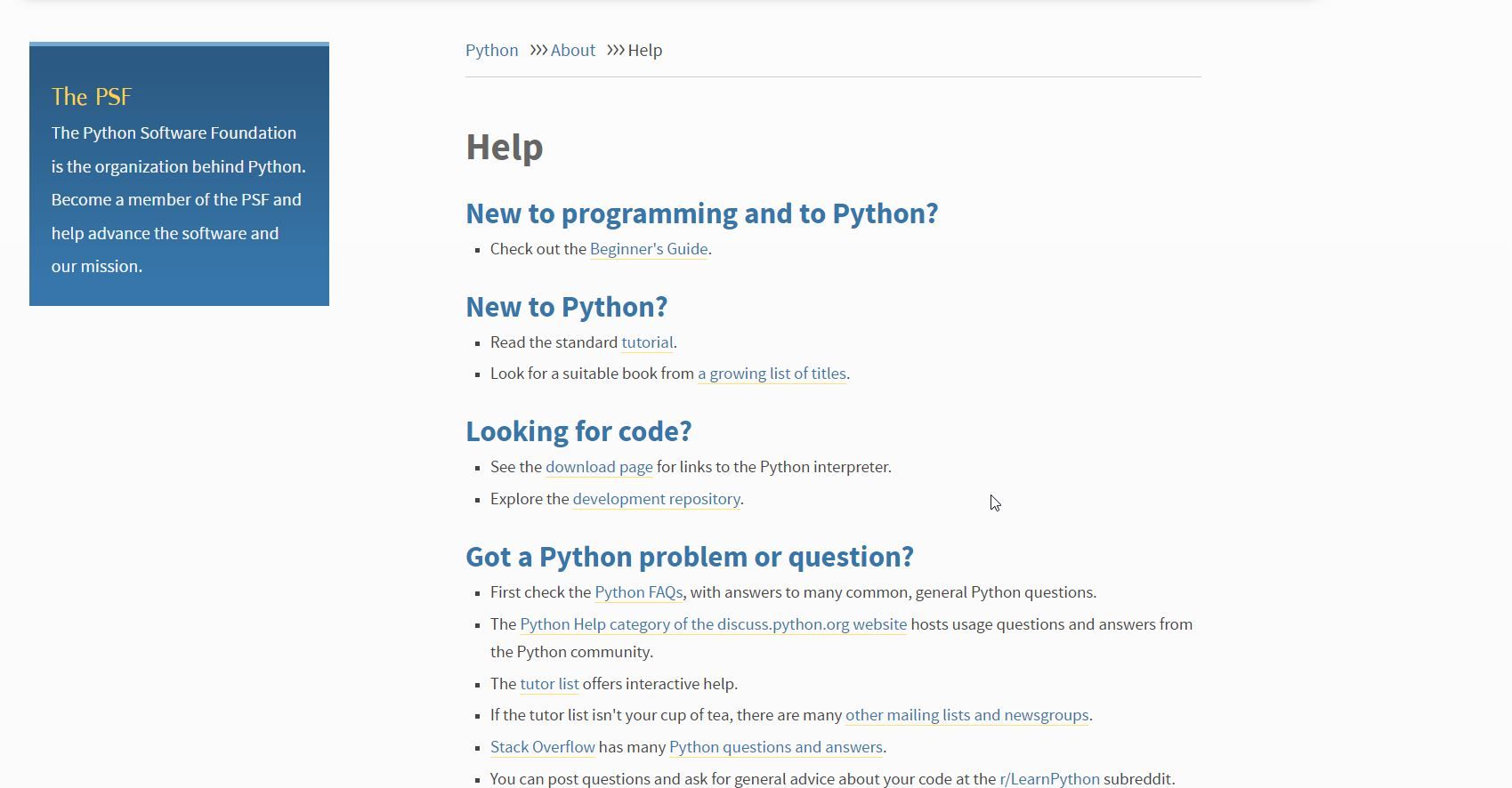Key Takeaways
- Linux offers a wide range of free programming tools like GCC, GDB, Vim, and Emacs that are preinstalled and useful.
- You can code on Linux without fully switching the OS using tools like WSL, making it accessible to Windows, Mac, and Chromebook users.
- Learning to code on Linux provides a professional environment, access to open-source code, ample documentation, and community support.
If you’ve dreamed of learning to code, you may wonder how to start. Linux might be the best OS to start your programming journey in. You’ll be in good company for learning how to program how professionals do. Here are several reasons why what’s good for them is good for you as a new programmer.
Linux has inherited from Unix a large selection of programming tools. There are compilers like GCC and Clang, debuggers like GDB, and editors like Vim and GNU Emacs. All of these are free, unlike other systems where you have to fork over money to be able to program. You can change them if you want, but having some defaults will help you get started easier.
Even better, many of them come preinstalled on a lot of Linux distros, including languages like Python.
You Don’t Have to Use Linux to Use Linux
Using a new operating system may seem daunting if all you want to do is dabble in coding. You don’t have to leave your familiar environment to get started with programming on Linux. You can install a Linux development on top of your existing OS.
Windows Subsystem for Linux (WSL) is a good option to get started with if you’re on Windows 10 or 11. If you’re using a Chromebook, you can install a similar Linux development environment.
If you’re a Mac user, you have a built-in Terminal app that runs many popular open-source programming tools. It’s based on BSD instead of Linux, but there are enough similarities that you can follow along with many programming tutorials like the ones here on HTG.
If you find you like command-line coding, you can try out a full Linux experience by dual-booting or a virtual machine.
Professional Programmers Use Linux
When you learn to code on Linux, you use the tools that professional programmers use to build the apps and websites you use every day. You aren’t learning some toy language that you’ll outgrow for real programming tasks.
Linux builds on the rich heritage of Unix with its development tools. Linux is the best place to learn programming because it’s been battle-tested with real developers.
Many learn to build serious programming projects in university computer science departments. Universities like Johns Hopkins set their students up with Linux-based labs and remote systems for program development. This is mainly historical, as AT&T provided cheap academic licenses of Unix that included source code for students to study.
Although Linux has no Unix source code, it’s popular among university CS departments because it’s free of charge, runs on a wide variety of hardware, and professors are already familiar with Linux.
After these students graduate and move out into the real world, they take their Linux experience with them. According to W3Techs, Unix-like systems dominate web servers, and in practice that is most likely some version of Linux.
You Can Read Source Code
The best way to learn to write is to read a lot. This goes for source code as well as books. Linux source code is open, so you can examine the code to find out how it works.
Back in the early dot-com days, when I wanted to know how some website worked, I would click on “view source” in my browser. This was how I learned the basics of HTML and CSS. While much source code, particularly the Linux kernel, may seem a bit messy, you’ll gain a lot of similar insight into how to use it.
Sure, open-source software is available for Windows, but it’s the Linux community that champions the concept. The Linux community has long been adamant in its support of open-source software. Much open-source software on Windows is written on Linux and ported over.
Lots of Documentation Available
In my experience, there seems to be more documentation on Linux and open-source programming languages, both online and in print, than for proprietary languages and systems. This might be due to Linux’s openness, which allows technical authors to see how it works. Many tutorials assume you’re on a Unix-like environment.
Most programming languages and tools have online documentation such as wikis. You can also find print books if you prefer them. When I attended CSU East Bay in the 2000s, I found plenty of books on Unix in the library, even though many were from the ’90s and earlier, to still be useful because the Unix-like paradigm has such a hold on professional programmers. I wasn’t even a computer science student. I still don’t know how I got away with that.
You Can Get Help From Other Coders
If you’re stuck on a problem, you can get help from another human being. Many programming languages and other open-source projects have online forums, IRC channels, Discord servers, and other methods where programmers hang out and can offer help. If you would rather meet people face-to-face, you can attend in-person user groups as well.
The community spirit seems to be something Linux inherited from Unix, as Unix co-creator Dennis Ritche wanted a system around which a community could form.
You might be able to get help with other systems, but what sets Linux and open-source software apart from proprietary software is that you might find the person who created it answering your questions. Even I’ve been surprised more than once when I realized I was having a casual conversation with someone who contributed to a major open-source project. You won’t have this level of access to Windows developers unless you work for Microsoft.

